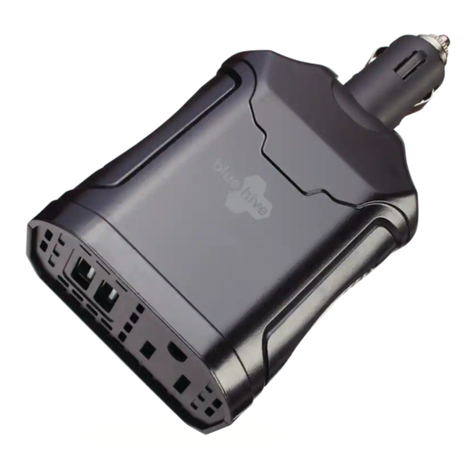BlueHive 011-1915-2 User manual










Table of contents
Other BlueHive Inverter manuals
Popular Inverter manuals by other brands
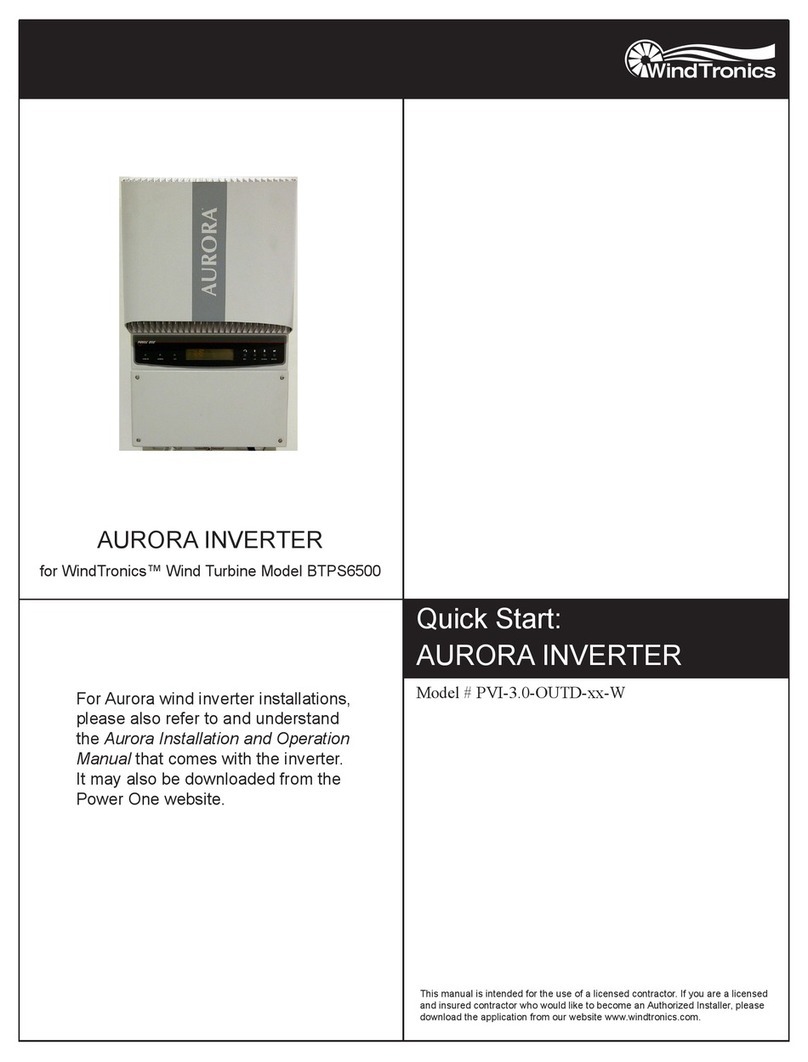
WindTronics
WindTronics AURORA PVI-3.0-OUTD-W quick start guide
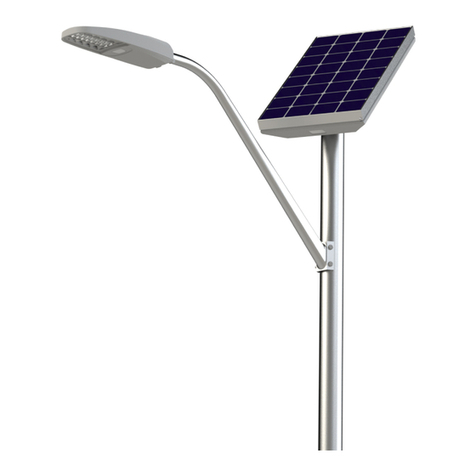
First Light
First Light BFL-S Series Install instructions

Mitsubishi Electric
Mitsubishi Electric FR-V560 instruction manual
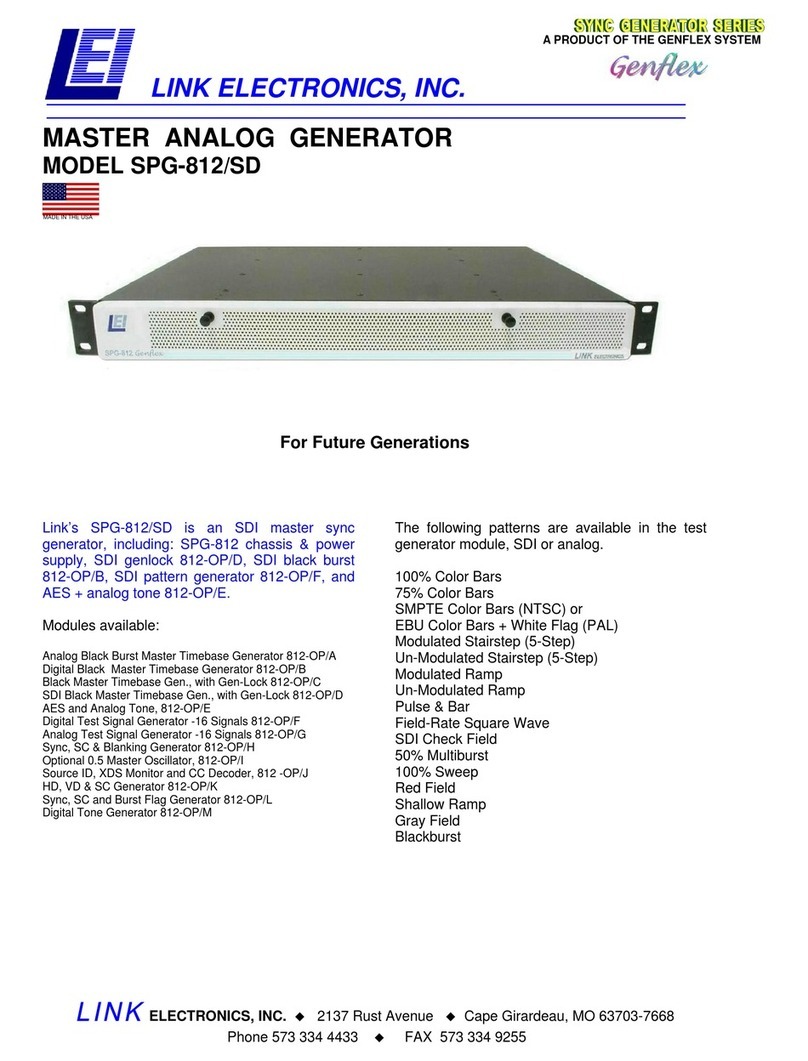
Link electronics
Link electronics Master Analog Generator SPG-812/SD Specification sheet
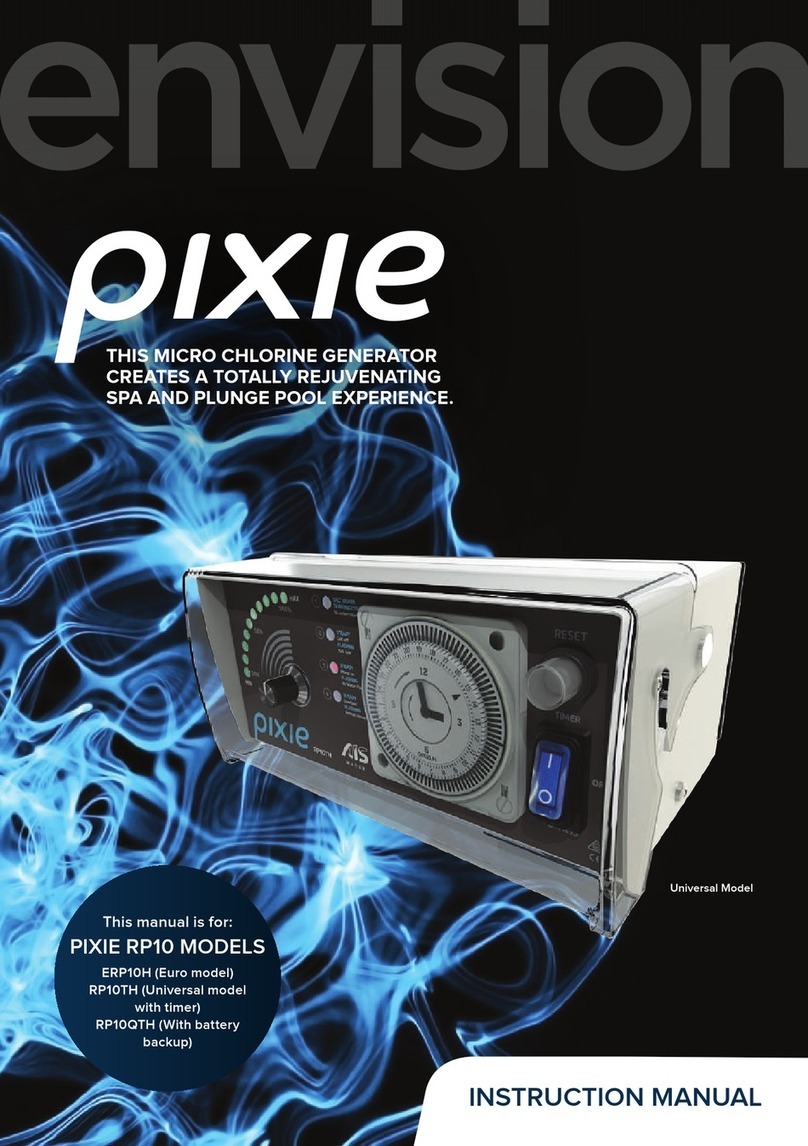
Pixie
Pixie RP10 instruction manual

Generac Power Systems
Generac Power Systems 04673-2 Installation and owner's manual
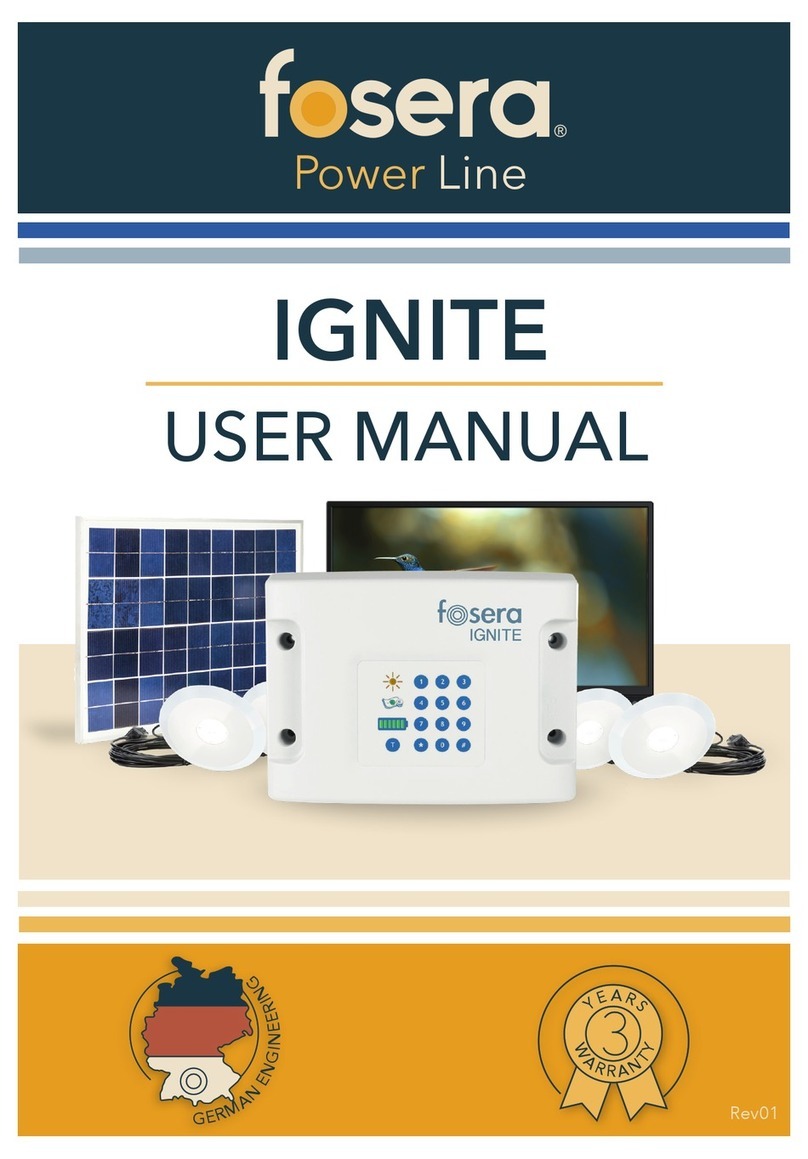
Fosera
Fosera IGNITE user manual
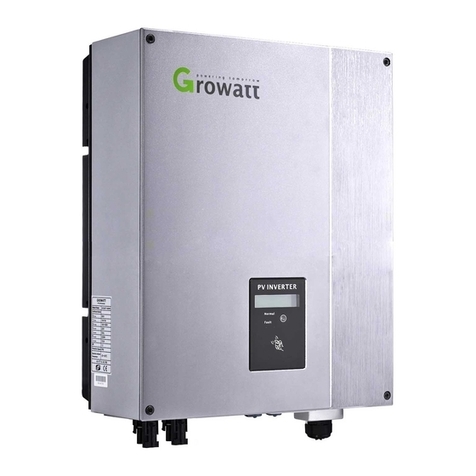
Growatt
Growatt 2500MTL Installation & operation manual

Growatt
Growatt SPF3000 Installation and operation manual
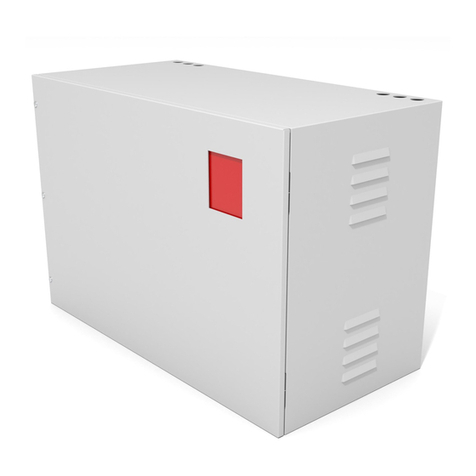
LVS
LVS CEPS-A Installation instructions & user manual
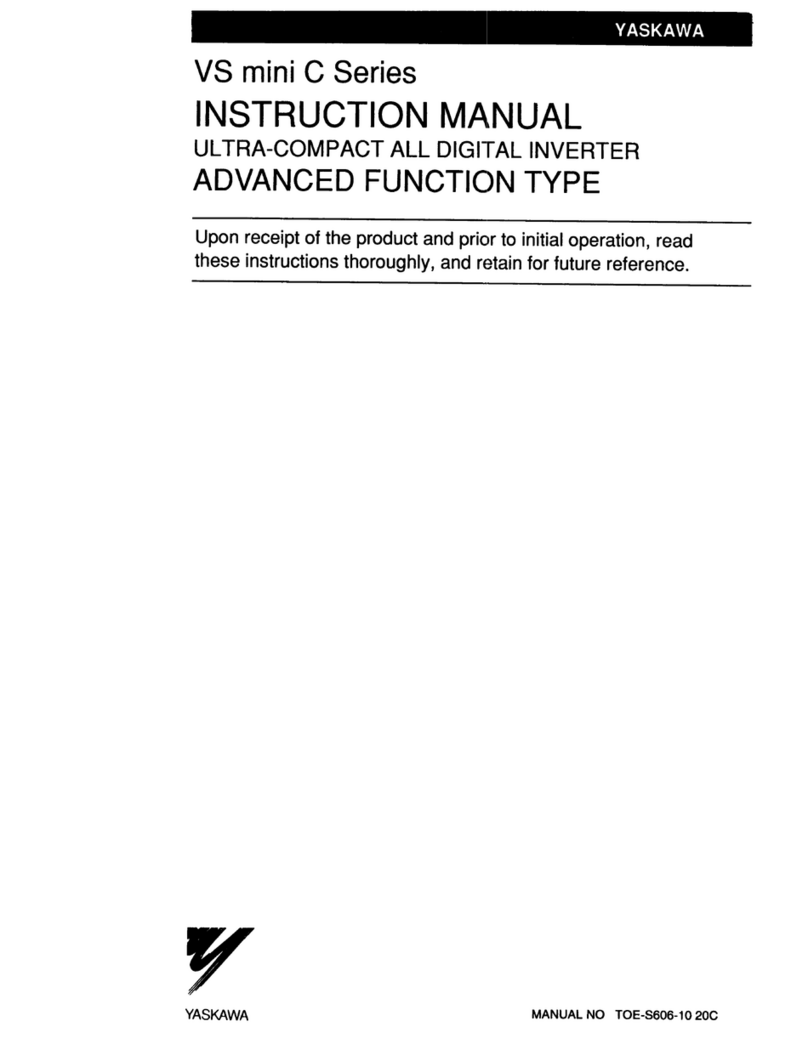
YASKAWA
YASKAWA VS mini C Series instruction manual

Mitsubishi Electric
Mitsubishi Electric FR-V5AX instruction manual
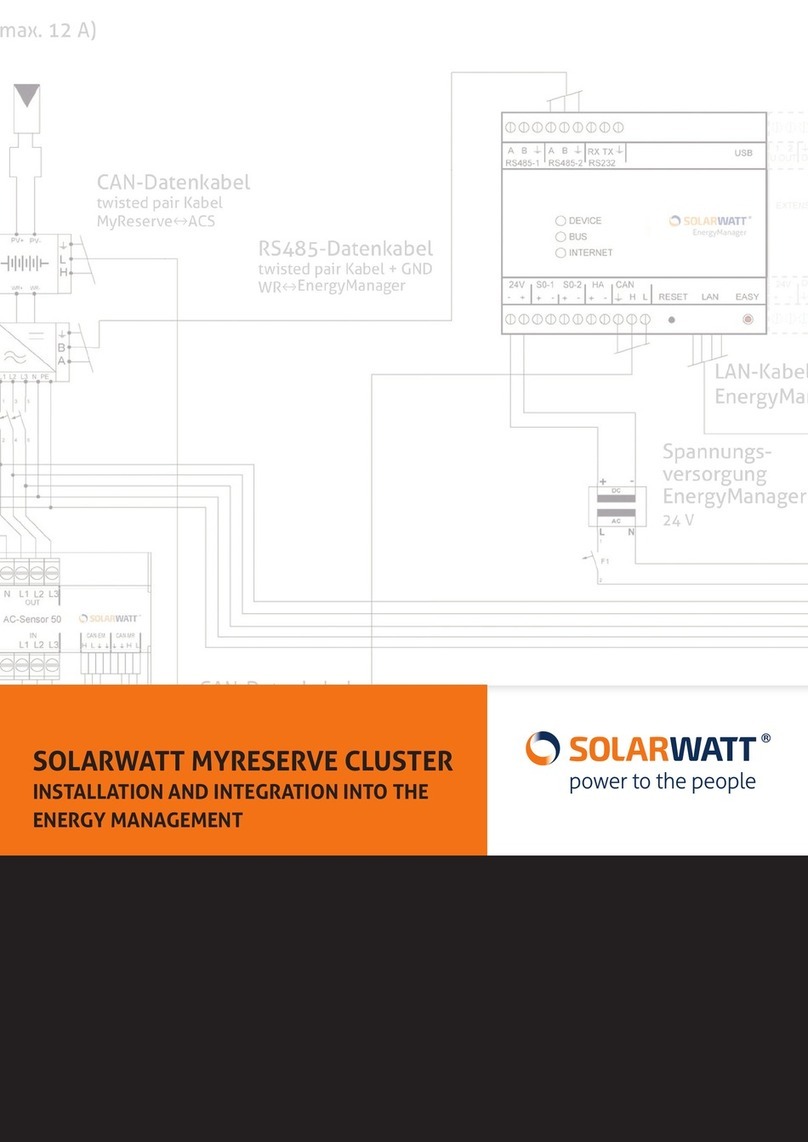
solarwatt
solarwatt MyReserve Cluster Installation and integration
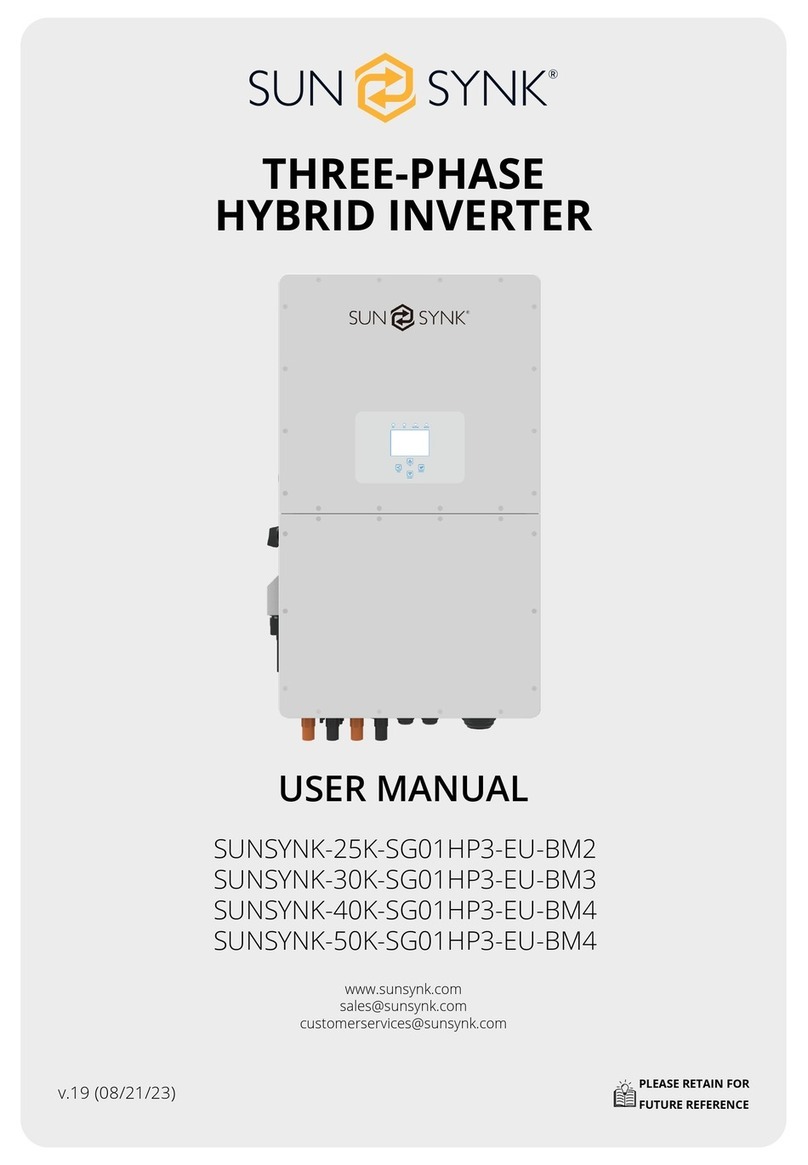
SunSynk
SunSynk SUNSYNK-25K-SG01HP3-EU-BM2 user manual
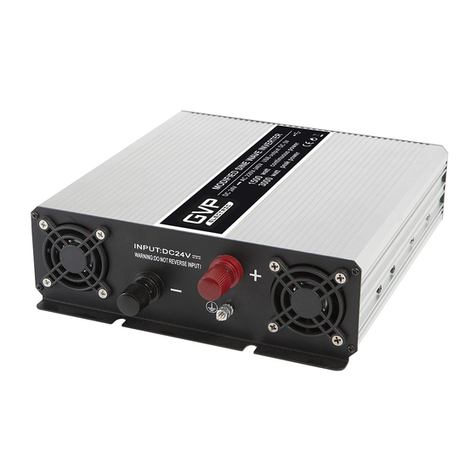
GVP
GVP 2221315 user manual
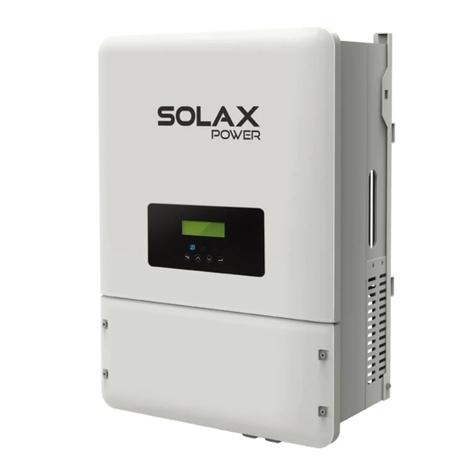
SolaX Power
SolaX Power X3-Hybrid Series Quick installation guide

Solaro Energy
Solaro Energy Solaro Aire SA-20WR-GAE installation instructions

Morningstar
Morningstar PS-MPPT-25 Installation, operation and maintenance manual
